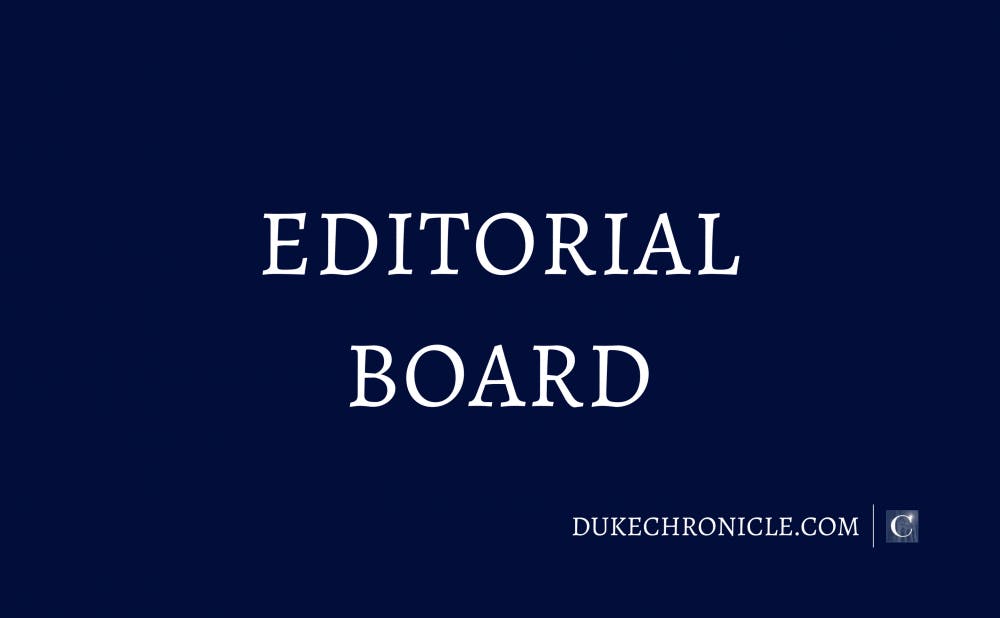“Professor found guilty of sexually harassing student”
For many students and academics, this news title has become an all too common occurrence in the wake of the #MeToo movement. Another iteration of this headline sent shockwaves throughout the academic community last month when a Title IX investigation implicated a NYU faculty member in a case of sexual misconduct against a graduate student. The plot twist? The professor was female, and the accuser identified as male. The investigation ultimately found Avital Ronell, a superstar professor of German and Comparative Literature at New York University, responsible for sexually harassing Nimrod Reitman, a former graduate student and current visiting fellow at Harvard University. In response to the accusations, numerous academics drafted a letter in support of Ronnell, including Judith Butler (a leading scholar on gender and sexuality at UC Berkeley). The academics wielded language that passionately venerated Ronell’s work, presented themselves as overly concerned on how the legal proceedings would damage her prominent reputation and insinuated malicious intent behind Reitman’s legal action.
This frighteningly pervasive problem of sexual harassment and assault in academia comes off a long series of similar cases of faculty misconduct. Last April, a Title IX investigation at Princeton found Sergio Verdu guilty of sexually harassing a graduate student, but the engineering professor was only disciplined with an eight-hour training session and was neither suspended nor terminated. Last September, 11 women, a group of faculty members and one former graduate student filed an Equal Employment Opportunity Commission (EEOC) complaint against a professor at the University of Rochester for years of rampant sexual misconduct. Right here at Duke, former visiting professor Tony Rivera was ultimately found responsible for violating the sexual harassment policy. This past year, three science professors at Dartmouth resigned from their positions after being investigated for sexual misconduct.
What may superficially appear startling about Ronell’s case is that a female professor abused her authority over a male graduate student—what some may call a reversal in gender dynamics. Ironically, Ronell listed “feminist and queer letters” as one of her areas of research/interest in her faculty profile, and identifies as a lesbian (Reitman himself identifies as gay.) However, it is important to emphasize that the sheer occupation of a female-identifying body does not entail feminist beliefs or practices and that sexual orientations do not limit people’s abilities to transcend such boundaries and violate others’ sexual and bodily autonomy.
Behind the layers of gender and sexuality lies the problem of power dynamics, particularly between graduate students and faculty advisors. The process of applying to graduate school typically requires the specific identification of a research mentor whose interests overlaps with those of the applicant, which is mutually reciprocated. Once taken in, the graduate student’s future, success and career prospects largely depend on the faculty advisor who closely guides them through thesis work, writes recommendation letters, supports them in publishing papers and helps them along the tenure track. This chasmic power differential is easily exploited, as evidenced by the aforementioned documented incidents, and leaves the burning question of how much the problem is being underreported out of fear over future prospects, retaliation, hostility, isolation and case mismanagement. This is likely to be exacerbated by worker precarity for the job-insecure, among them graduate students, untenured faculty and adjunct faculty.
Here at Duke, the Duke Graduate Students Union (DGSU) has created a “Working Group on Harassment and Discrimination” and a resource guide for situations involving faculty misconduct. As welcomed as this is, it is frustrating that once again, our university and other universities take a reactive rather than a proactive approach to the issue. Only when Title IX investigations are filed and gain public notoriety do universities do less than the bare minimum. There must be achievable alternatives for a safer, healthier space on campus. In too many cases academics are given a “slap on the wrist” with very little scholarly consequences. The University must take serious responsibility by establishing institutionalized offices and organizations tasked specifically with keeping scholars and students both accountable. Here at Duke, there exists a harassment grievance board, but it is unclear whether the available resources are impactful or useful for victims of faculty misconduct.
Perhaps more fundamentally, the culture of an academia must be held accountable. Currently, graduate school is imagined and assumed as such to be a place that “should destroy you” (quoted from an unnamed professor at NYU) as “a kind of indentured labor.” Clearly, there must be a reorientation of how graduate school operates, away from a power structure that enables predatory academics who subjugate their graduate students through emotional and academic abuse. Instead, in the age of #MeToo, we should seek to reorganize the ancient power structure of the ivory tower toward a more a healthy, equitable mentorship structure, where faculty mentors are held accountable for their actions, and where prestige and power do not absolve predators of their abuses.
Get The Chronicle straight to your inbox
Signup for our weekly newsletter. Cancel at any time.

